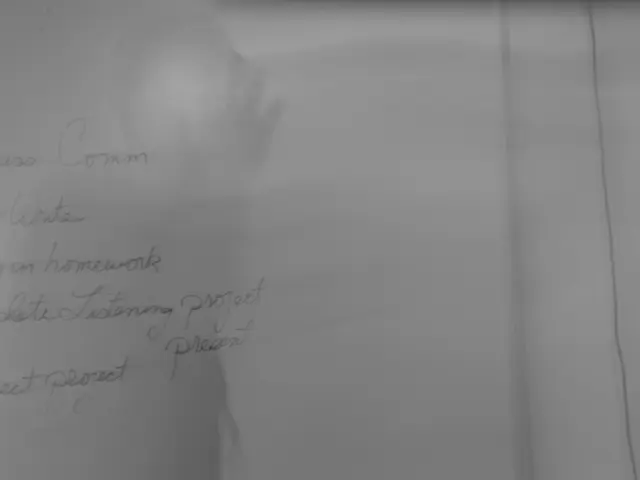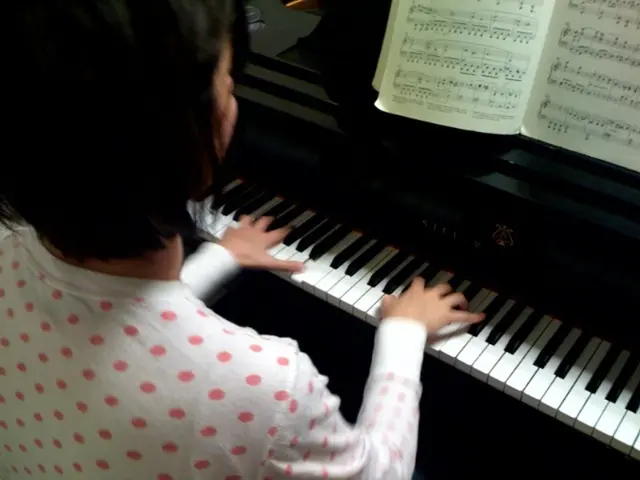Therapy sessions based on conversation are increasing in frequency
Hear the Lowdown:
More Americans are ditching pills for counseling when it comes to dealing with mental health issues, according to a recent study published in the American Journal of Psychiatry. It's the first time in decades that talk therapy, or psychotherapy, has outranked medication as the preferred method of mental health treatment.
Host DON GONYEA breaks it down: "NPR's Rhitu Chatterjee reports that the use of talk therapy started to increase after 2018, growing from 6.5% to 8.5% of American adults by 2021." That represents nearly 6 million more people getting talk therapy.
Dr. Mark Olfson, a psychiatrist and epidemiologist at Columbia University and an author of the new study, explains, "Before, a majority of people got therapy along with medication. But the study found that fewer people are relying solely on medication these days." He adds, "For the first time in many years, we're seeing a flip."
According to Dr. Jessi Gold, a psychiatrist and chief wellness officer at the University of Tennessee, the trend may be due to growing awareness about therapy and a normalization of seeking help. Gold suggests "if people feel like they have things they want to talk about or could use help, I think that's a great thing."
Additionally, telehealth services have made therapy more accessible for people in remote or underserved areas. Dr. Gold points out that these services "increased access for people who might not have had any access to a therapist in their particular location or times."
Still, only about half of Americans with any mental illness received any treatment in the year before, according to the most recent data. With the increasing popularity of digital mental health interventions such as chatbots and AI-driven tools, could this number start trending upwards?
The Dig:
The rising preference for talk therapy reflects evolving mental healthcare trends influenced by technological advancements, cost-effectiveness considerations, and growing patient preferences for non-pharmacological approaches.
DigitalHealthInterventions (DHIs) like AI-driven chatbots and other tools now supplement traditional therapy, offering scalable, cost-effective alternatives. Comparable efficacy to traditional methods has been reported, with some trials achieving up to a 12.1 percentage-point improvement in depression scores for digital interventions over usual care. These tools reduce stigma and accessibility barriers, particularly for underserved populations.
The cost and efficiency advantages of DHIs, compared to medication-based regimens or in-person therapy, align with healthcare systems prioritizing cost containment while maintaining care quality.
Growing awareness of medication side effects and a cultural shift toward holistic wellness further drive demand for talk therapy. Digital tools personalize care, offering 24/7 access to cognitive-behavioral techniques and mindfulness training.
However, challenges remain in implementing DHIs equitably, as vulnerability may arise from technological barriers for underserved populations. Policymakers must balance innovation with safeguards for data privacy and inclusivity while ensuring ambitious research priorities on longer-term studies, comparing relapse rates, and cost savings between therapy and medications.
Overall, this trend signals a transformative phase in mental healthcare, blending technology with patient empowerment. The future of mental healthcare relies on addressing equity gaps and ensuring evidence-based practice.
- According to Dr. Mark Olfson, the rising preference for talk therapy indicates a shift in mental healthcare trends, with fewer people relying solely on medication.
- The use of digital mental health interventions like AI-driven chatbots has shown comparable efficacy to traditional therapy, achieving up to a 12.1 percentage-point improvement in depression scores.
- Growing awareness of medication side effects and a cultural shift toward holistic health-and-wellness further drive demand for talk therapies and treatments.
- However, implementing digital mental health interventions equitably remains a challenge, as technological barriers may affect underserved populations.
- The future of mental healthcare lies in blending technology with patient empowerment, while addressing equity gaps and ensuring evidence-based practice in therapies and treatments.









